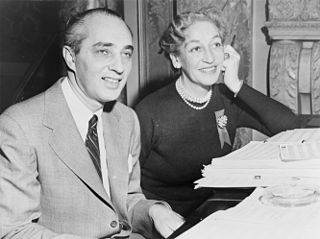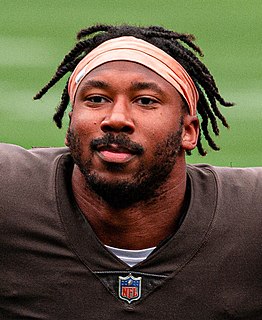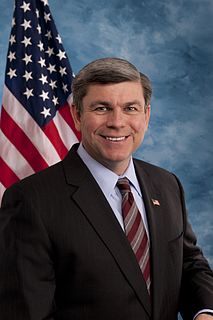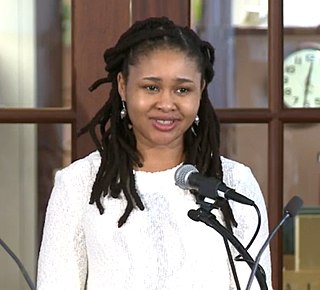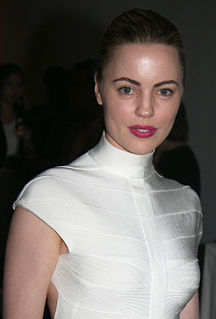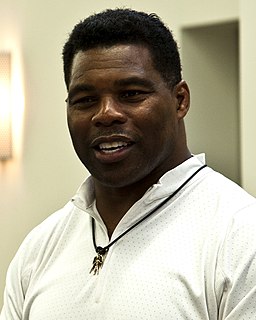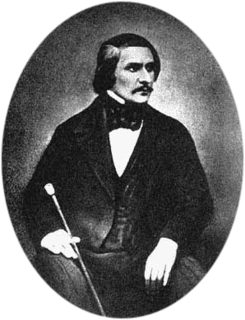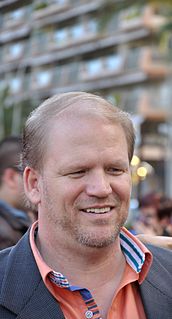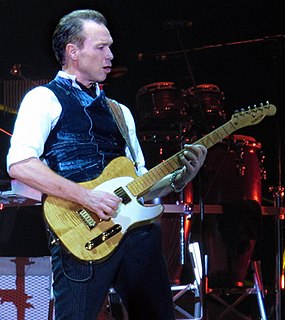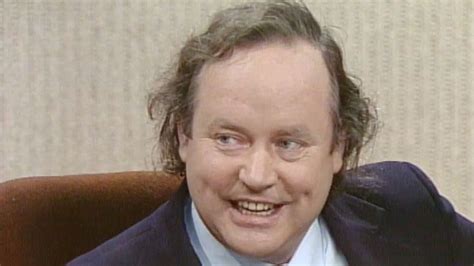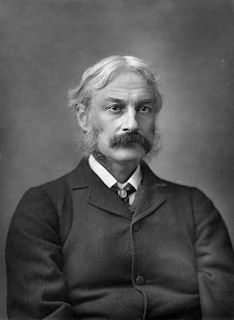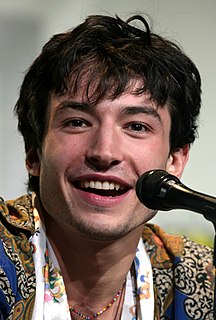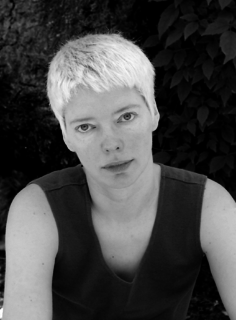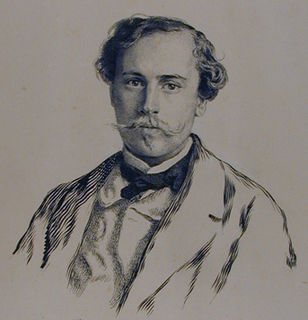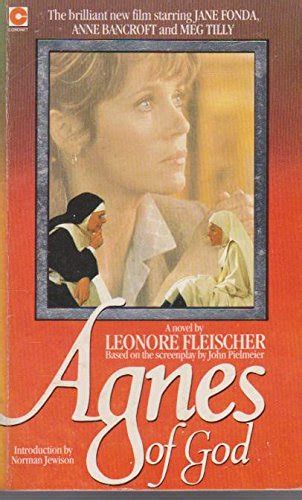Top 1200 Reading Poetry Quotes & Sayings - Page 20
Explore popular Reading Poetry quotes.
Last updated on December 1, 2024.
Any man will go considerably out of his way to pick up a silver dollar; but here are golden words, which the wisest men of antiquity have uttered, and whose worth the wise of every succeeding age have assured us of; and yet we learn to read only as far as Easy Reading, the primers and classbooks, and when we leave school, the Little Reading, and story books, which are for boys and beginners; and our reading, our conversation and thinking, are all on a very low level, worthy only of pygmies and manikins.
I think poetry always lives its life, and people come to it and people go away from it, 'people' in the sense of larger numbers of people. It's as though you begin to think that poetry is a resource, and that at certain times people seem to need it or want it or can find sustenance in it, and at other times they can't.
Young poets worry that their experiences - whether urban or rural, immigrant or native, small town, suburb, or big city - aren't worthy of the written word. But for me the urge toward poetry, that seductive feeling of being swept away by words, was enough for me to overcome that fear that my experiences weren't worthy of poetry itself.
I didn't know how this would play out when I was a kid. I knew I wanted to play ball, be a paleontologist, and write poetry. I thought, 'Heck, where will I find the time? Well, football comes first, and I'll just find some time for poetry, and paleontology can come at the end.' I made this plan at 14, and dang, it's all coming together.
The judges who awarded the 1980 Commonwealth Poetry Prize to my first collection of poems, Crossing the Peninsula and Other Poems, cited with approval and with no apparent conscious irony my early poem, "No Alarms." The poem was composed probably sometime in 1974 or 1975, and it complained about the impossibility of writing poetry - of being a poet - under the conditions in which I was living then.
I realized that for many people attending a reading is like watching television at the end of a long day. They don't want to be sad but to laugh. Chances are they'll pick the sitcoms over the horror movies. So I learned that, while one's larger body of fiction can have quite a bit of sadness and conflict and tragedy in it , in a reading environment, the average audience member seems able to tolerate only a little bit of sadness. They'd much rather the reading be sexy, funny, and witty. Life is hard these days. There's more than enough sadness in the world, so I can't blame them.
You never know what you're in for when you take a role. When you're reading the script, you're in some café in New York and you're loving life and it sounds great because it's like reading a book. When you step into that book and you actually have to play it out, for real, it's a totally different ball game.
Poetry cannot be translated; and, therefore, it is the poets that preserve the languages; for we would not be at the trouble to learn a language if we could have all that is written in it just as well in a translation. But as the beauties of poetry cannot be preserved in any language except that in which it was originally written, we learn the language.
My ethics, my sense of morality, my work ethic, my sense of compassion for suffering humanity, all of that comes directly out of the practice of poetry, as does my Buddhist practice. Poetry is a very important element in the history of Buddhism in general and in Zen in particular. It was really Zen that motivated me to change the way I perceive the world.
The more serious poetry of the race has a philosophical structure of thought. It contains beliefs and conceptions in regard to the nature of man and the universe, God and the soul, fate and providence, suffering, evil and destiny. Great poetry always has, like the higher religion, a metaphysical content. It deals with the same august issues, experiences and conceptions as metaphysics or first philosophy.
One of the interesting things about the history of poetry in the 16th, 17th, and 18th centuries is that people who read liked getting their information in rhyme just as much as in prose. The genre that we would think of as nonfiction often was written in verse in forms like the Georgic when people thought that one of the tasks of poetry was conveying arguments and information in a pleasant way.
Poetry is, above all, a singing art of natural and magical connection because, though it is born out of one's person's solitude, it has the ability to reach out and touch in a humane and warmly illuminating way the solitude, even the loneliness, of others. That is why, to me, poetry is one of the most vital treasures that humanity possesses; it is a bridge between separated souls.
It really takes growing up to treasure the specialness of being different. Now I understand that I've gotten to enjoy things that others have not, whether it's the laughter, the poetry of my Spanish language - I love Spanish poetry, because my grandmother loved it - our food, our music. Everything about my culture has given me enormous education and joy.
The perils, rewards, punishments, and fulfillments of an adventure must be real, or the adventure is only a shifting and heartless nightmare. If I bet I must be made to pay, or there is no poetry in betting. If I challenge I must be made to fight, or there is no poetry in challenging. If I vow to be faithful I must be cursed when I am unfaithful, or there is no fun vowing.
I liked to write from the time I was about 12 or 13. I loved to read. And since I only spoke to my brother, I would write down my thoughts. And I think I wrote some of the worst poetry west of the Rockies. But by the time I was in my 20s, I found myself writing little essays and more poetry - writing at writing.
I'll say that this is probably the best time for poetry since the T'ang dynasty. All the rest of the world is going to school on American poetry in the twentieth century, from Ezra Pound to W. S. Merwin, and for very good reason. We have soaked up influence in the last century like a sponge. It's cross-pollination, first law of biology, that the more variety you have the more health you have.
After reading Edgar Allan Poe. Something the critics have not noticed: a new literary world pointing to the literature of the 20th Century. Scientific miracles, fables on the pattern A+ B, a clear-sighted, sickly literature. No more poetry but analytic fantasy. Something monomaniacal. Things playing a more important part than people; love giving away to deductions and other forms of ideas, style, subject and interest. The basis of the novel transferred from the heart to the head, from the passion to the idea, from the drama to the denouement.
I loathe the trivialization of poetry that happens in creative writing classes. Teachers set exercises to stimulate subject matter: Write a poem about an imaginary landscape with real people in it. Write about a place your parents lived in before you were born. We have enough terrible poetry around without encouraging more of it.







